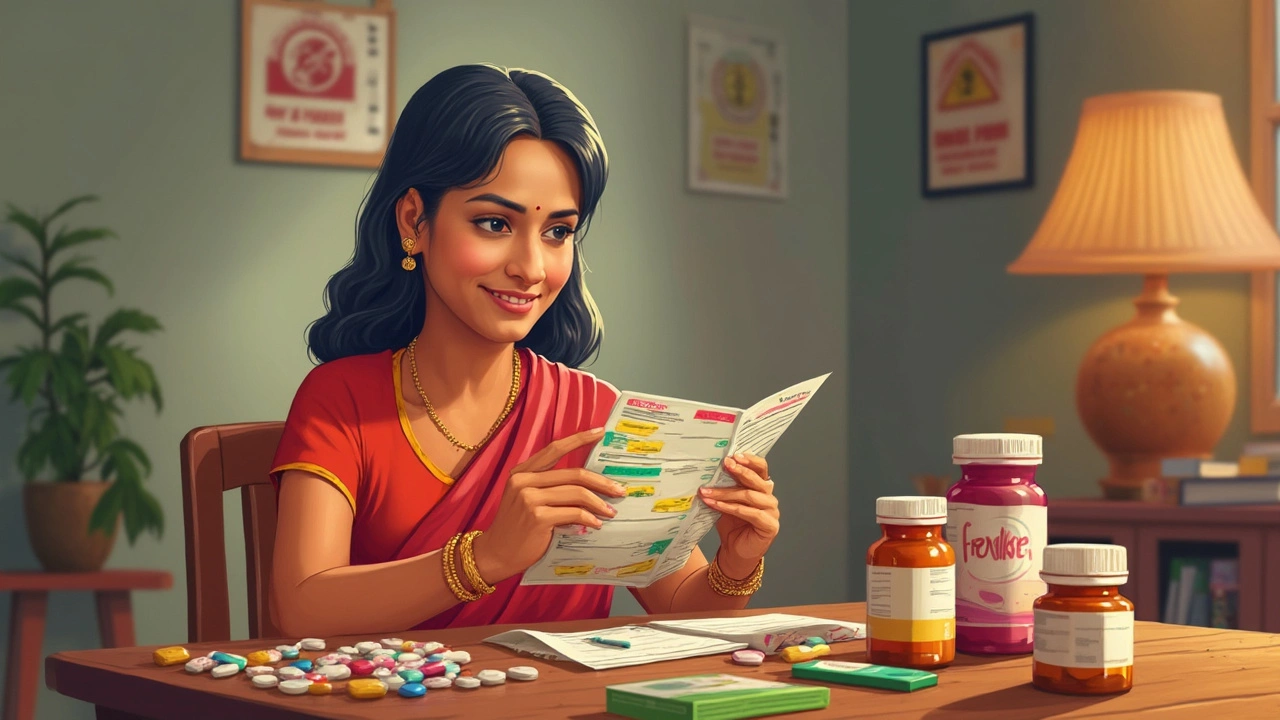Drug Interactions: What You Need to Know Before Taking Supplements or Medicines
When you take a drug interaction, a harmful or unexpected effect that happens when two or more substances affect each other in your body. Also known as medication clash, it’s not just about prescription pills — it’s often about what you add to them, like herbal teas, vitamins, or even bananas. Many people think if something is natural, it’s safe with everything. That’s not true. Take metformin, a common diabetes drug that helps control blood sugar. It can react with high-sugar foods like bananas, making your glucose levels spike or drop unpredictably. Or consider ashwagandha, an adaptogen herb used for stress and energy. It may lower blood pressure or blood sugar, which can be dangerous if you’re already on drugs for those conditions.
These aren’t rare cases. People in India are increasingly using herbal supplements alongside prescribed medicines — often without telling their doctors. That’s risky. A kidney-harming herb might not show up on a lab test, but it can quietly damage your kidneys over time. Or worse, it might boost the effect of a heart medication until your pulse slows too much. You don’t need to stop supplements entirely. You just need to know what’s in them and how they play with your pills. Zepbound, a newer weight-loss drug similar to Ozempic, and Ozempic, a GLP-1 agonist used for diabetes and weight loss, both affect digestion and appetite. If you’re on either and start taking fiber supplements or digestive herbs, you could end up with nausea, bloating, or even nutrient malabsorption. The same goes for painkillers, blood thinners, or thyroid meds — they don’t play nice with everything.
There’s no single list that covers every possible combo, because your body is unique. But you can protect yourself. Write down everything you take — pills, powders, teas, even turmeric in your curry. Bring that list to every doctor visit. Ask: "Could this interfere with what I’m already on?" Don’t assume your pharmacist knows every herbal product. Most don’t. And if you’ve had heart surgery, knee replacement, or diabetes, your risk goes up. The posts below show real cases: how metformin and bananas interact, why certain herbs hurt kidneys, how supplements can mess with heart meds, and what to watch for after surgery. You won’t find guesswork here. Just facts from real experiences — the kind that help you avoid a hospital visit you didn’t see coming.
-
1
Wondering what diabetics should totally avoid when it comes to medications? This article cuts through the confusion and highlights medicines and substances that can mess with blood sugar or interact dangerously with diabetes treatments. Get straight answers on why some over-the-counter and even herbal remedies can cause more harm than good. Real-life tips and lesser-known facts show how to keep medication routines safe and effective. Stay in control and protect yourself from avoidable risks.
